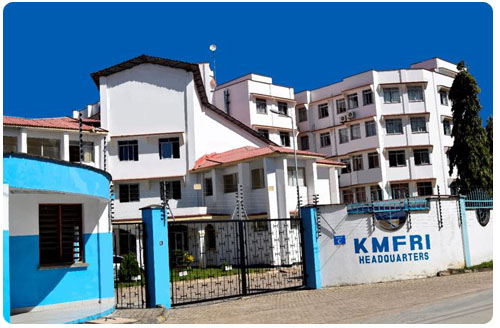
Mandate of the Institute
KMFRI's mandate is to generate scientific data and information in "marine and freshwater fisheries, aquaculture, environmental and ecological studies, and marine research including chemical and physical oceanography and hydrography, marine geology, minerology, bio-prospecting, and marine energy (oil and gas, hydropower, wind and water currents)", for sustainable development of the Blue Economy. The Institute is also mandated to “collaborate with other organizations and institutions of higher learning in competitive capacity
development for exploitation of the Blue Economy.”
development for exploitation of the Blue Economy.”
To fulfill this mandate, the Institute has defined its vision, mission and core values as follows:
VisionA World Class Centre of Excellence in Innovative Research for Sustainable Blue Economy and Fisheries Development.
Mission
To Generate and Disseminate Scientific Information for Sustainable Development of the Blue Economy and Fisheries.
Core Values
To fulfil her mandate and realize its mission, the operations of KMFRI will be guided by the following core values:-
- Integrity,
- Transparency and accountability
- Professionalism
- Team work
- Equity and equality
Specifically, the roles of KMFRI according to Legal Notice No. 7 of 1979 are to:
- Conduct multidisciplinary and collaborative research on fish ecology, population dynamics, stock assessment and general aquatic ecology;
- Collect and disseminate scientific information on fisheries and other aquatic resources and related natural products;
- Study and identify suitable species for culture including development, adoption and transfer of rearing technology and procedure;
- Study chemical and physical processes that affect productivity of aquatic ecosystems;
- Monitor water quality and pollution in fresh and marine water environments;
- Carry out socio-economic research on aspects relevant to fisheries, environment and other aquatic resources;
- Establish a marine and freshwater collection for research and training purposes;
- Offer training facilities to aquatic scientists;
- Conduct research on fish quality control, post harvest preservation and value addition technologies and
- Conduct research on blue economy.
